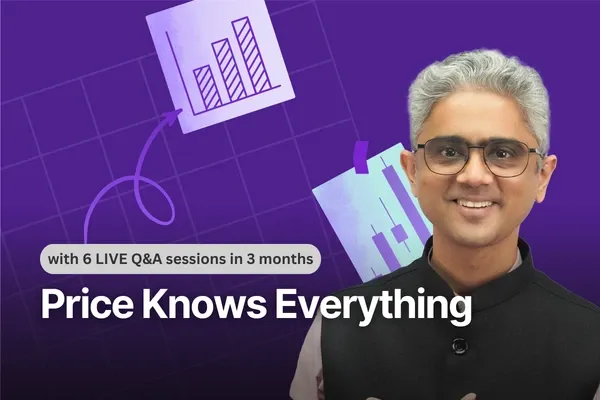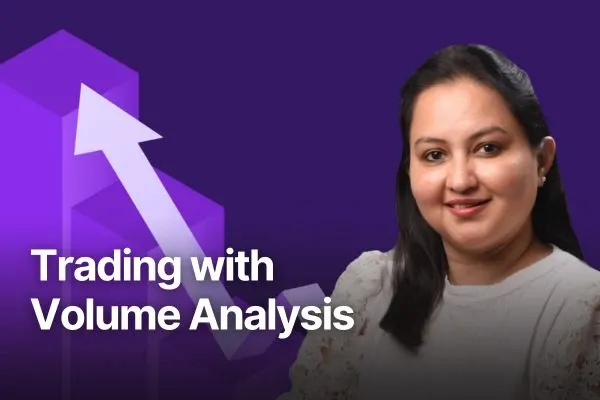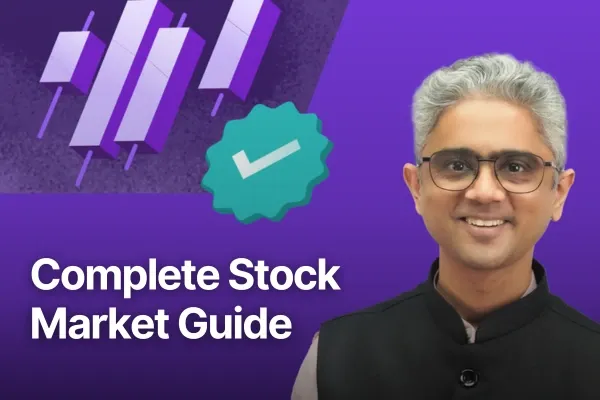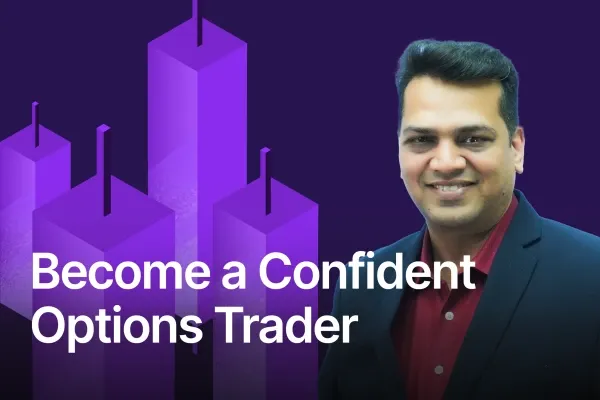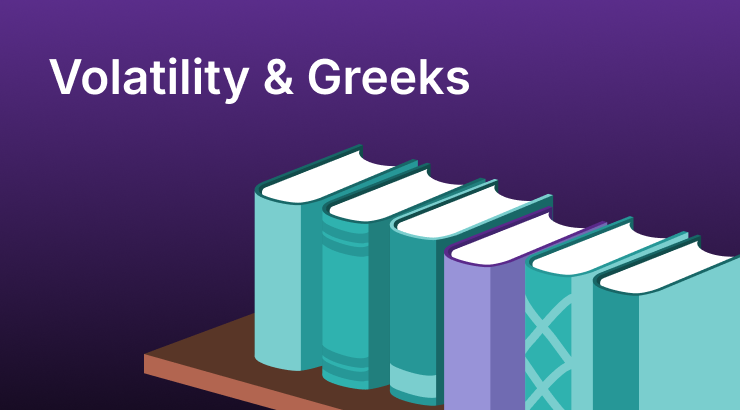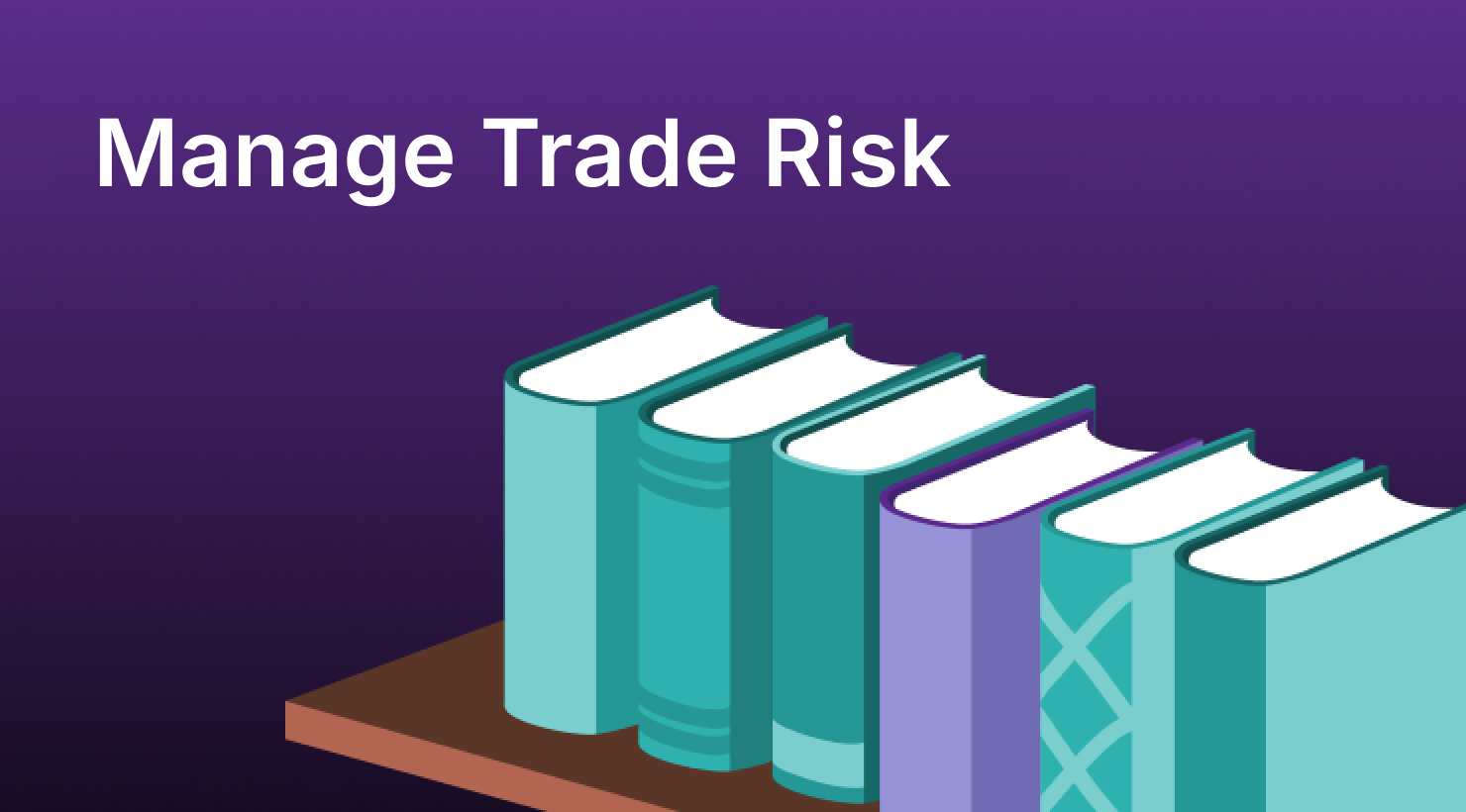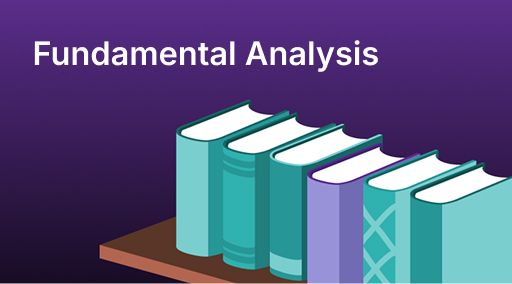Learn to like a pro
Gain practical knowledge with real-world applications, taught by industry experts.
Popular
1 / 4
2,00,000+Happy Learners
50+Webinars & Courses
10+Expert Speakers
500+Sessions


Crash Course Programs
Intensive stock market crash courses. Learn essential trading concepts, strategies, and market insights quickly!Watch expert courses
Elevate your skills with per-recorded courses from experts at any time from anywhereUpcoming Webinars
Learn directly from Experts • Real-time Doubt Solving • Practical Applications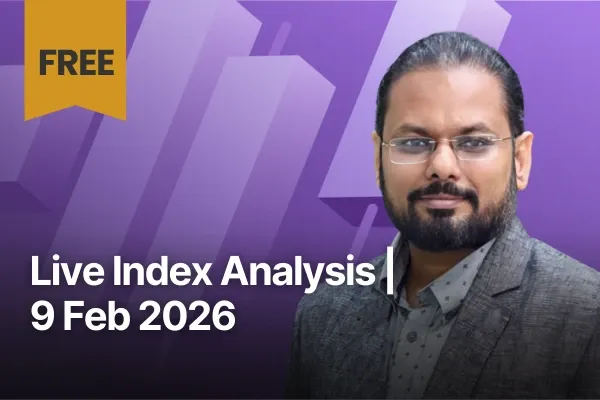
Live Market Analysis: NIFTY, SENSEX & BANKNIFTY | 9 Feb, 2026
Amit Goel
Feb 9 | 8:45 AM - 10 AM
YouTube Live
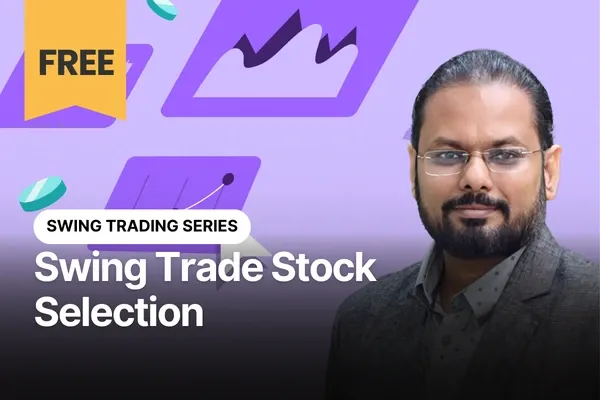
Finding High-Quality Swing Trading Opportunities
Amit Goel
Feb 9 | 4 PM - 5 PM
YouTube Live
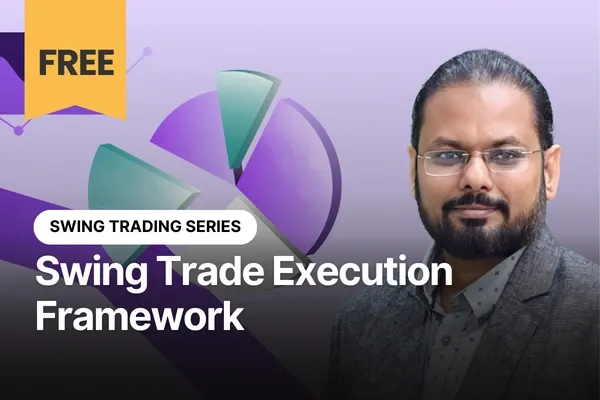
Entry, Stop-Loss & Target Planning for Swing Trades
Amit Goel
Feb 16 | 4 PM - 5 PM
YouTube Live
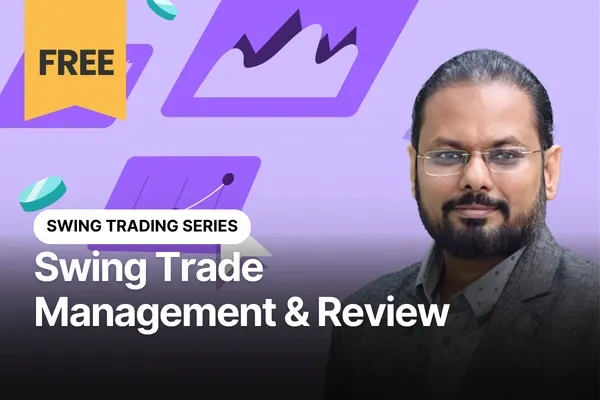
Managing, Exiting & Reviewing Swing Trades
Amit Goel
Feb 23 | 4 PM - 5 PM
YouTube Live
Why UpLearn with us?
Structured Curriculum
Elevate your skills from Novice to Expert with structured pathways
Live Doubt Solving
Get real time guidance by top experts
Easy to understand
Grasp complex concepts easily without jargons
Free courses for you
Start your journey towards financial independence with expert trainingLearn from the best
1 / 7

